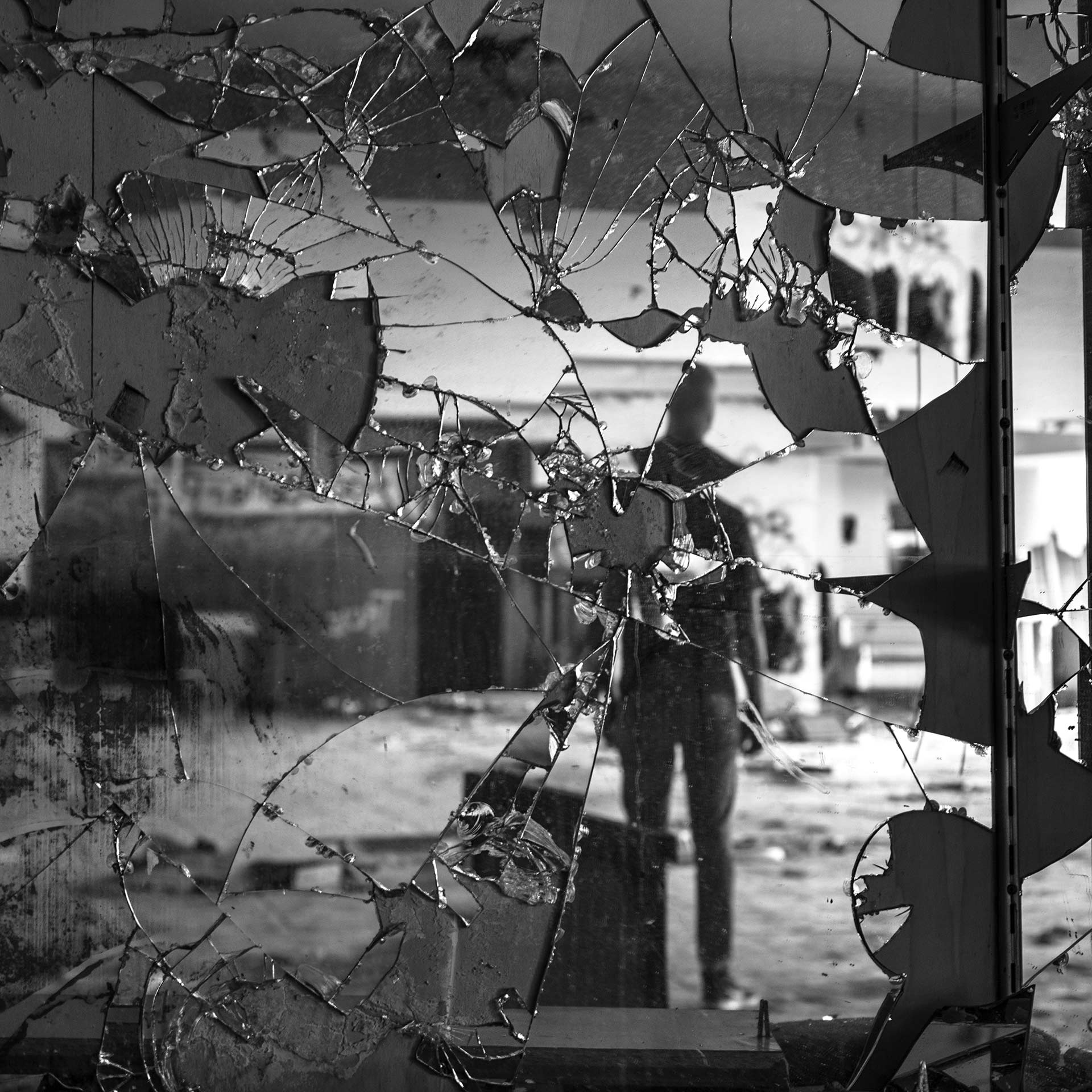[ad_1]
A coping guide for recovery

Officers typically experience some form of trauma every workday — sometimes multiple times a day. Without understanding the nature of trauma and how to constructively respond and recover, officers are left extremely vulnerable to suffer long-term psychological and emotional distress.
What trauma is and why it’s so dangerous
Trauma is any experience that has the potential to significantly affect an officer in a seriously negative way over a long period of time. Trauma is toxic and debilitating to the brain’s normal functioning ability, as well as being cumulative.
Either major traumas or an accumulation of several so-called lesser traumas over the years can seriously injure an officer’s brain and coping abilities. This can cause post-traumatic stress, low resilience, poor performance, excessive use of force, depression, suicide, addictions, anxiety and sleep disorders, and a host of other major problems.
Officers need to recognize that they will need help at times throughout their career and that seeking help is a natural and integral aspect of the profession.
The types of trauma officers experience are never-ending: countless acts of senseless violence and the suffering of others; dead, dying, injured and molested children; suicides; dangerous situations; violent encounters; shootings and other uses of force; fights and threats against their lives; tragic fatalities; deranged and psychopathic people; unimaginable perversions. The list is inexhaustible.
Each one of these work traumas can slowly eat away at an officer’s capacity to function normally and to maintain peace and a high quality of life. This places not only the health of the officer at risk, but also the safety of our communities and the ability of the agency to professionally fulfill its mission. That’s why it’s essential to train officers to recognize and respond constructively to daily work traumas.
(In addition to the trauma coping guide for recovery below, see the author’s previous APB article “Components of an agency wellness program” at apbweb.com/2022/11/components-of-an-agency-wellness-program.)
Responding to trauma
The first step in responding to and recovering from trauma is to recognize that all officers are susceptible to experience long-term, negative effects from what they experience at work. Despite what officers may believe, their brain does not get used to trauma — it just becomes more affected by them if one is not responding to traumas in helpful ways.
Second, officers need to practice wellness and resilience strategies to strengthen physical, mental, emotional and spiritual fitness daily, since they’re experiencing traumas daily.
Mental fitness is enhanced through mindfulness and meditation. Emotional fitness is enhanced through maintaining a positive attitude, appreciating all the good in one’s life and remaining focused on the good, and effective communication. Spiritual fitness is enhanced by having a purpose in this noble profession beyond one’s self-interests, doing as much good as possible in compassionate, meaningful ways to make a positive difference, and being as useful and helpful as possible to professionally and ethically serve the agency and those in need.
Third, agencies need to create mechanisms of support and wellness for their officers, such as proactive peer support teams and access to EMDR (short for eye movement desensitization and reprocessing; see EMDRIA.org for more information) trauma professionals. Officers need to recognize that they will need help at times throughout their career and that seeking help is a natural and integral aspect of the profession.

Trauma coping guide for recovery
The daily traumas officers face can eventually become overwhelming. One way to recognize when this happens, and to foster greater self-awareness and resilience, is to regularly use this coping guide for recovery whenever one has a traumatic experience.
When such experiences happen, an officer’s first impulse tends to be to want to forget — to bury it and through self-will just try to move on. Except burying things never makes them go away; it only delays, worsens and lengthens their negative effects.
It’s always more helpful and healing to examine what happened and how such experiences may be affecting you — and thoughtfully examine what you can do about it. This fosters greater insights and an increased ability to intentionally respond in helpful, meaningful ways to recover fully.
You can simply reflect on each item in this guide, write out your responses or discuss these with your life partner, if you feel comfortable doing so.
- This is what happened. Express to yourself specifically what occurred.
- This is how I felt at the time and feel now. Express to yourself all the emotions you felt at the time and are feeling since the trauma (anger, fear, helplessness, sadness, shame, guilt, compassion, depression, regret, frustration and so on). Identify anything going on inside you that you don’t like.
- This is what I think about what happened. Express to yourself all your thoughts about the incident.
- I recognize that I may not be OK yet. Acknowledge that something bothersome has occurred and that you’re possibly experiencing some side effects. This is perfectly normal and all right. Acknowledge that nothing is wrong with you. If you’re experiencing some aftereffects, it’s all about what happened to you, never about what’s wrong with you.
- I recognize that I’m safe. Acknowledge that, in the present moment, you’re safe. Take several slow, deep breaths and affirm that in time you will recover.
- I recognize I don’t have to go through this alone. Acknowledge all the resources and people available to you. That can include your partner, spouse, extended family, friends, colleagues, peer support, your agency’s employee assistance program (EAP), trauma professionals, therapists, ministers, chaplain, etc.
- This is what I need right now. Think about your immediate needs and take care of them. This could be food, sleep, exercise, rest, talking to someone or some type of healthful activity.
- This is what I can do to recover. Think about all the helpful and constructive ways you can respond to this trauma in the days ahead. Make a list of actions. Think about how you can use this negative, troubling experience as momentum to do some good.
- I will remember to be grateful and to connect with others. Recall that even though this trauma occurred, you still have countless good things in your life to be grateful for. Also, make a commitment to connect through positive communication with someone you trust — share your experiences and be courageous enough to ask for help if you ever feel you may need it.
Conclusion
Whenever an officer experiences trauma, it is an opportunity to develop post-traumatic growth. It’s an opportunity to choose their character in that moment, to learn something, to practice and engage resiliency, and to do something good and meaningful in response. Traumas will always be part of our profession, but they do not have to define our life. How an officer chooses to respond to trauma will help ensure their resilience, wellness and success.
[ad_2]




